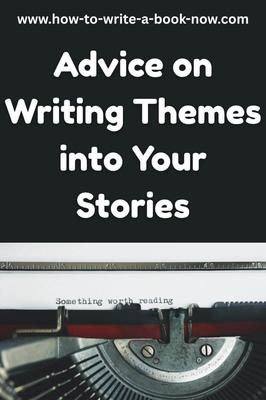Plotless Fiction?
by Lux
Question: I've been working on plot-driven novels for a couple of years now. I'm to the point where I'm feeling confident enough to enter a few short story competitions. I wanted to experiment with some plotless fiction, i.e. more character driven and emotional writing. I was just wondering what advice there is (if there's allowed to be any)?
Since plotted fiction does generally rely on a structure and a formula to do well, I find people's appreciation of plotless fiction extremely subjective and it's harder to maintain a reader's attention since it's often very ambiguous.
Thank you!
Answer: Character-driven, emotional fiction does not necessarily mean there's no plot, but it can mean that the plot has a different focus.
It helps to remember that a good plot is not devoid of emotion, but works because it evokes emotions and because it is backed by appealing characters. Meaning often results from plot, and the danger is that no plot can result in a work that is less meaningful and therefore less engaging.
However, you are correct that what constitutes "literary" fiction is highly subjective. To some, it means more of a focus on inner conflict, psychological change, or a disconect between attitude and reality, rather than external conflict and goal. To others, it means favouring characterization and style of expression over story. It can mean presenting more of a "slice of life" that is seldom seen rather than a plot.
To others still, literary fiction means a rejection of neat resolutions and thematic messages (which presuppose that individuals have control over their choices and their lives) in favour of the idea that human lives result from forces beyond our control which we struggle, often unsuccessfully, to make meaning of.
You actually have a lot of options, and Dramatica can help in many cases.
For instance, if you are interested in writing short stories, you may find it effective to focus on only one of the four throughlines. You could work out the other throughlines, so you know what's going on, but keep those to yourself and only give the
For instance, you may downplay or eliminate the overall plot throughline in favor of just writing the main character's inner conflict throughline, or just the impact character throughline, or just the relationship throughline.
For instance, let's say you just want to tell the main character's inner conflict, and that the main character's problem has to do with their sense of identity - the role they will play in their world.
In dramatica, that would be a domain of Manipulation/Psychological Process and a Concern of Playing a Role or Being.
Your story would then progress through the four signposts of:
Developing a Plan
Playing a Role
Changing One's Nature/Becoming
Conceiving an Idea
The order of these signposts would depend on other aspects of your story. You would still have the main character's crisis or turning point at the 3rd signpost, and the main character's choice would lead to an outcome.
In other words, Dramatica would still offer you a way to create a roadmap for the story.
Let's say you simply want to focus on character and style over plot - the lyrical over the narrative. In that case, you may not need a story at all, or you may simply use a story as a vehicle for interesting expression.
On the other hand, if you simply want to avoid the idea of neat solutions to problems, you could apply the theory but choose a tragi-comic or comi-tragic ending in which success or failure of a choice is not so cut and dry.
Finally, you may find it helpful simply to choose a different type of Story Goal. Instead of typical genre fiction goals like obtaining or finding out something, you could choose a goal like ...
* to make meaning of a situation, memory, relationship, or the world in general
* an effort to have control or to hold onto an attitude.
* to reconcile a desire
* to learn to see things differently
* to become something different
* to have an identity
- Home
- Writing Questions
- Plotless Fiction?















